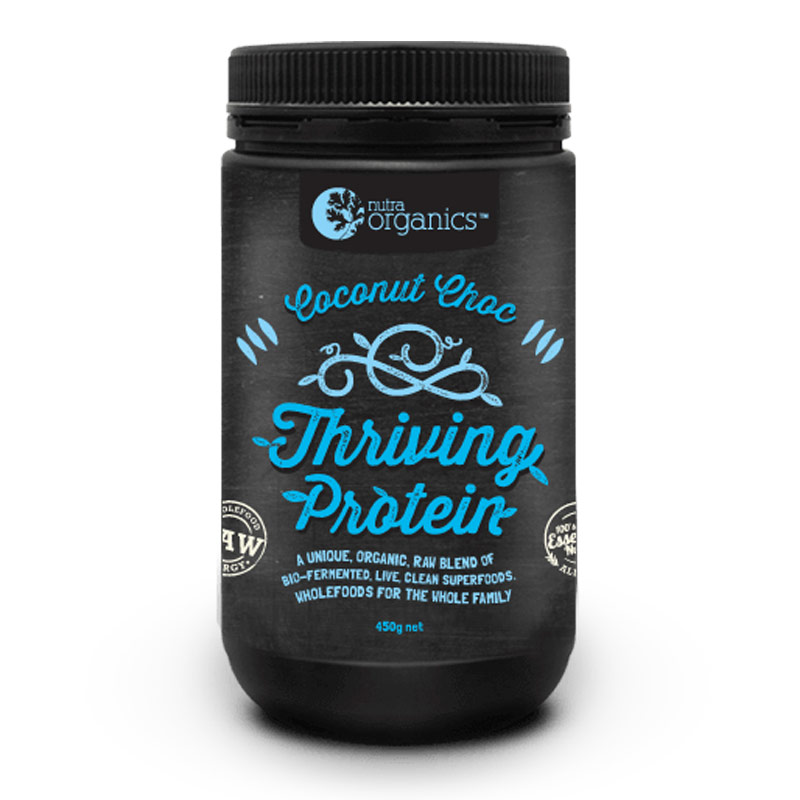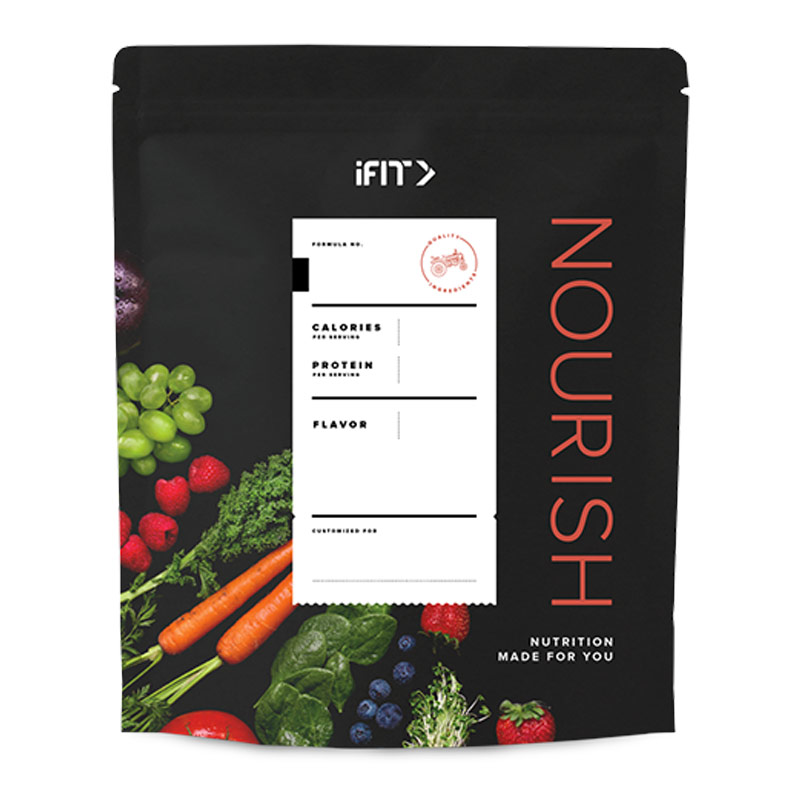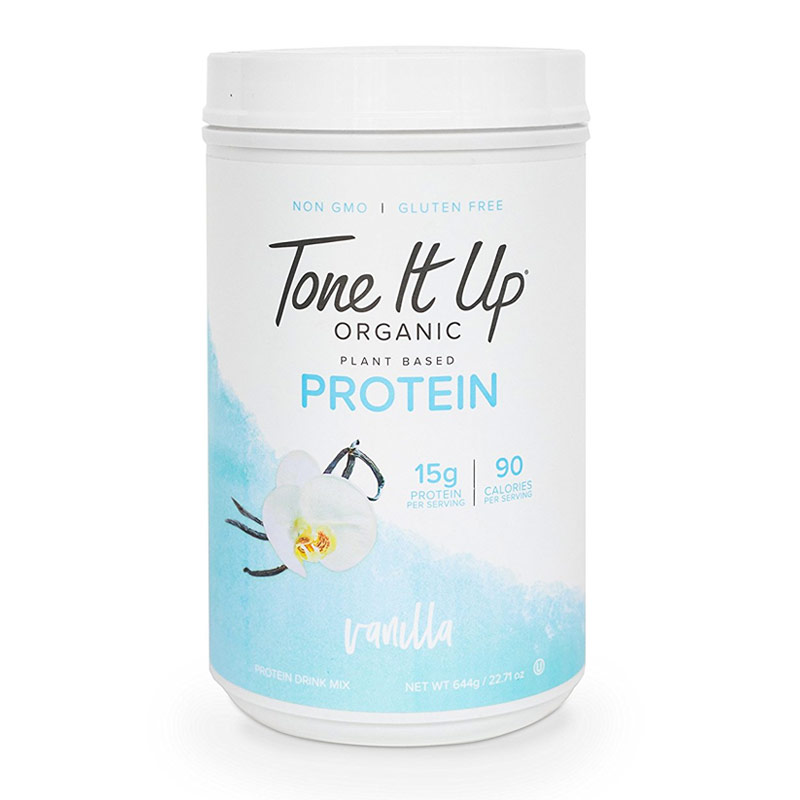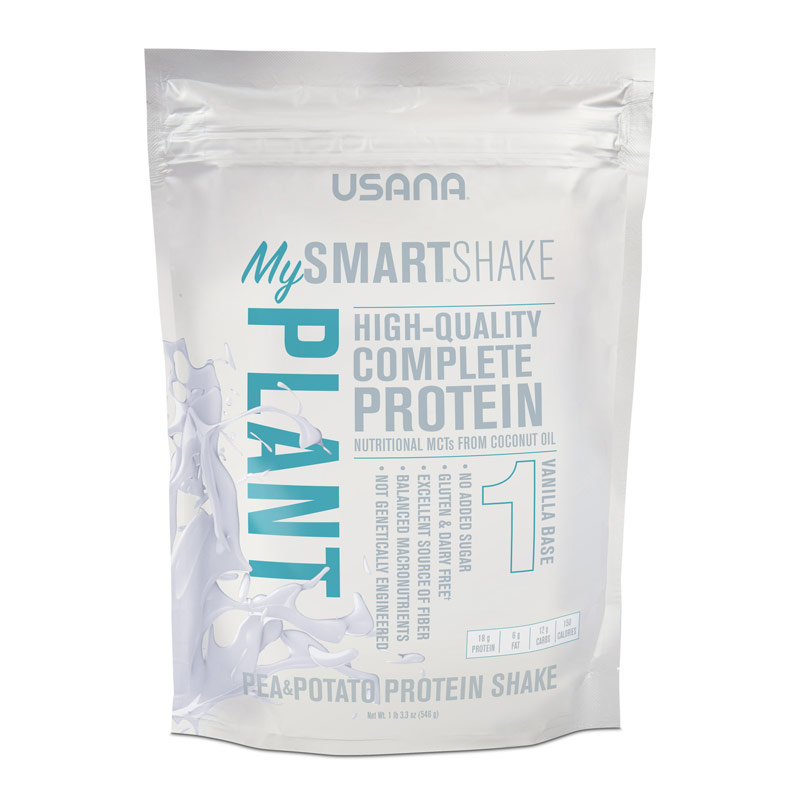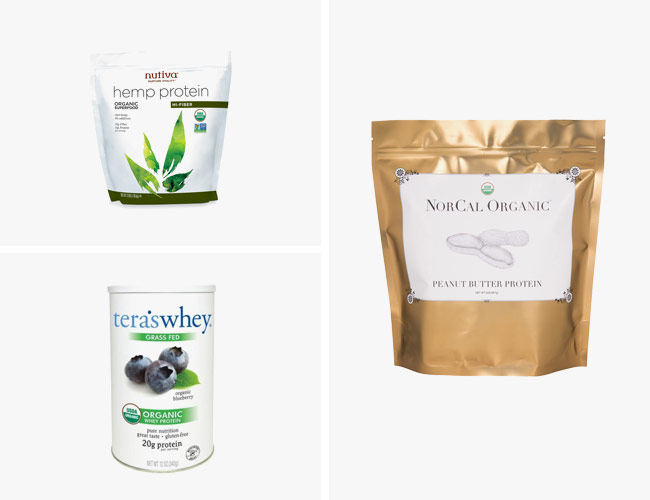Protein is one of the many building blocks of life — you need it to bulk up, lose weight and maintain weight. It’s what keeps you fuller for longer, and helps prime your body for repair. It enables you to recover after a hard workout and optimize your training routine. While bodybuilders and gym rats have long taken protein powders, they’re still pretty polarizing. Either you use them, or you don’t. People don’t really dabble in protein powders. What you might not realize is that getting enough protein can be tricky, and protein supplements and powders are an easy way to up the amount of protein you’re getting without having to increase your total consumption levels.
What’s in Protein Powder?
When dipping your toes in the protein powder water, you should know what you’re consuming and how to consume it. “We understand one of the essential amino acids, leucine, is critical as a signal to promote muscle protein synthesis, which is tissue growth and repair,” Dr. Sue Kleiner, a registered dietician, a fellow of the International Society of Sports Nutrition and author of Power Eating, says. Whether you want to build muscle or slim down, protein is essential in your diet. Dr. Kleiner recommends eating protein four to five times a day, as the research shows eating at pulses throughout the day help an average person get the amount they need. If you’re looking to build muscle or bulk up, you should aim for five times a day.
What If I Eat a Lot of Meat?
While aiming to get all of the protein you need from whole foods is best, you can’t always get as much as you need from food alone. Sometimes our bodies just can’t handle eating all that protein. “Everyone can’t necessarily sit down to that kind of meal, or even have the appetite for that, so that’s where using a protein supplement as a snack [comes in].” Ideally, you’re mixing it with some fruit or in a smoothie, but the main draw to protein powder is that it’s more portable and easy to consume.
How Much Protein Should I Aim For?
With each meal or snack, you should aim for 25 to 35 grams of protein at a minimum to sustain your body during hard workouts. “It takes at least 20 grams of whey protein, which has the highest leucine composition, or 25 to 30 grams of whole protein whether you’re eating animal product or plant protein,” Dr. Kleiner says. Most protein powders come with a pre-measured scoop, which likely has at least 20 grams of protein.
Does It Matter When Picking between Whey, Plant and Animal-Based Protein?
When comparing proteins, you can get your necessary 25 grams from one, two or a mix of all three. The catch with plant protein is that “the quality of [plant] protein is lower than animal protein in supporting health, so you need 10 percent more,” Dr. Kleiner says. If you’re a vegetarian or vegan, consuming all-plant protein is sufficient, just be sure to add that extra amount.
What to Look for in a Label
Look for at least two grams of leucine per serving, but you need to be careful when purchasing supplements. “There is a lot of contamination, particularly in the supplement industry channels that focus on bodybuilding, that can be laced with drugs,” Dr. Kleiner warns. “I am adamant about using third-party certified lab products.” Look for NSF for Sport, or BSCG, which is a banned substances control group, or Informed Sport. All of those check for banned substances in supplements.
One of the reasons protein powders can be so polarizing is because there’s no one-size-fits-all. “Your nutrition needs, including how much protein you need, is dependent on many factors: age, gender, weight, activity level, the presence of an injury or a disease, as well as nutrition or fitness goals,” Megan Ostler, MS, RDN of iFit, says. It’s all very individualized.
Buying Guide
We spoke with top nutritionists and sports dieticians to hear what protein powders they recommend. McKel Hill, MS, RDN, LDN and founder of Nutrition Stripped swears by the first three picks on this list. Ostler recommends the iFit Nourish program, a questionnaire that creates the perfect protein mix for you — whether you’re a runner, CrossFitter or yogi.
Thriving Protein by Nutra Organics $40
Pea Protein by Now Sports $17
Nourish by iFit $5+
Cafe Latte by biPro $25
Organic Protein by Tone It Up $48
MySmart Shake Plant Protein Base by USANA $42
10 All-Natural Protein Powders for Healthy (and Tasty) Muscle Recovery
Because those giant tubs of sugary powder you find at GNC contain far too many harmful chemicals. Read the Story

